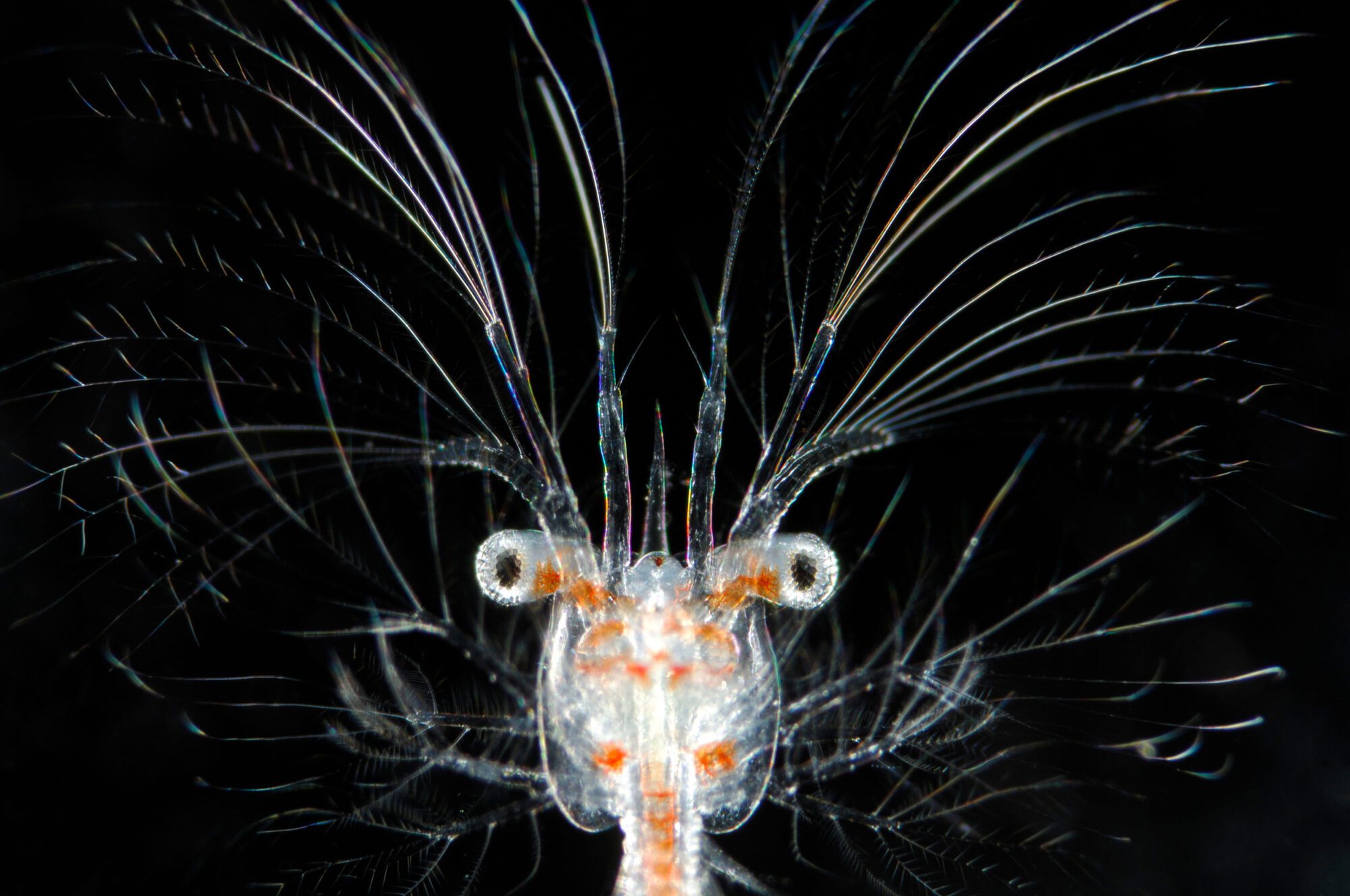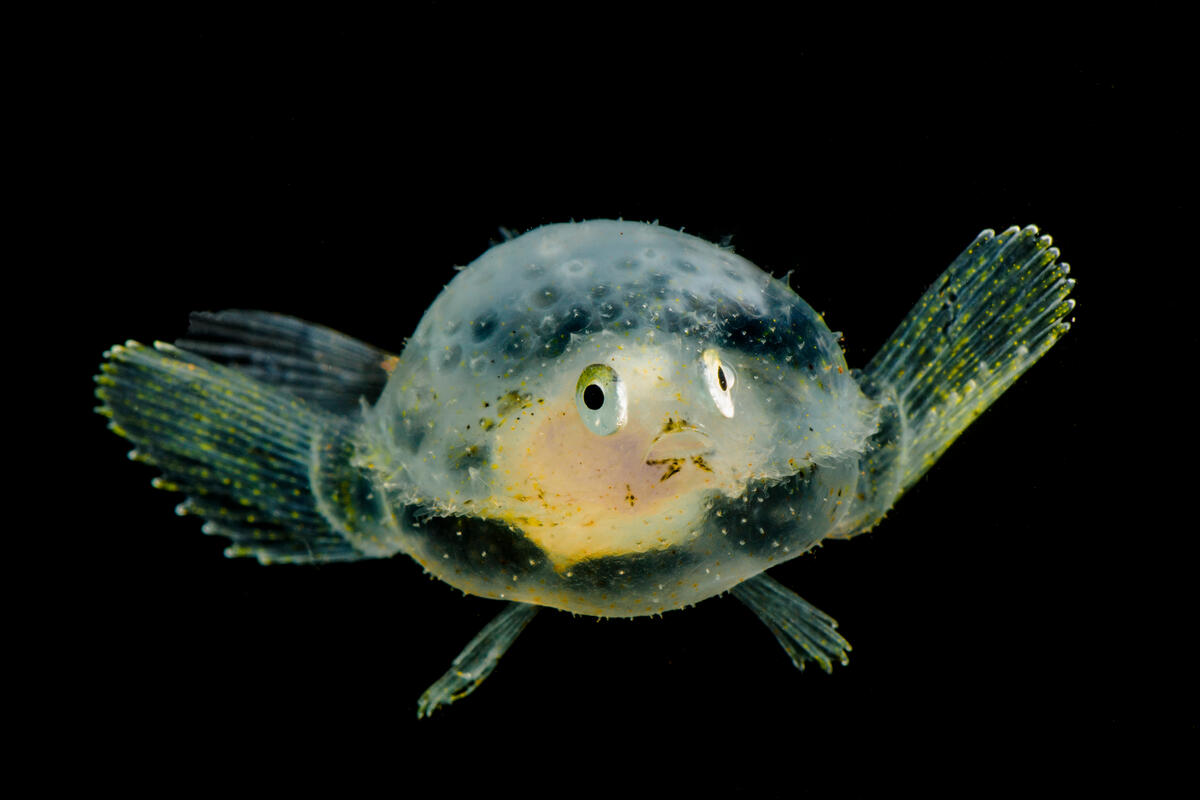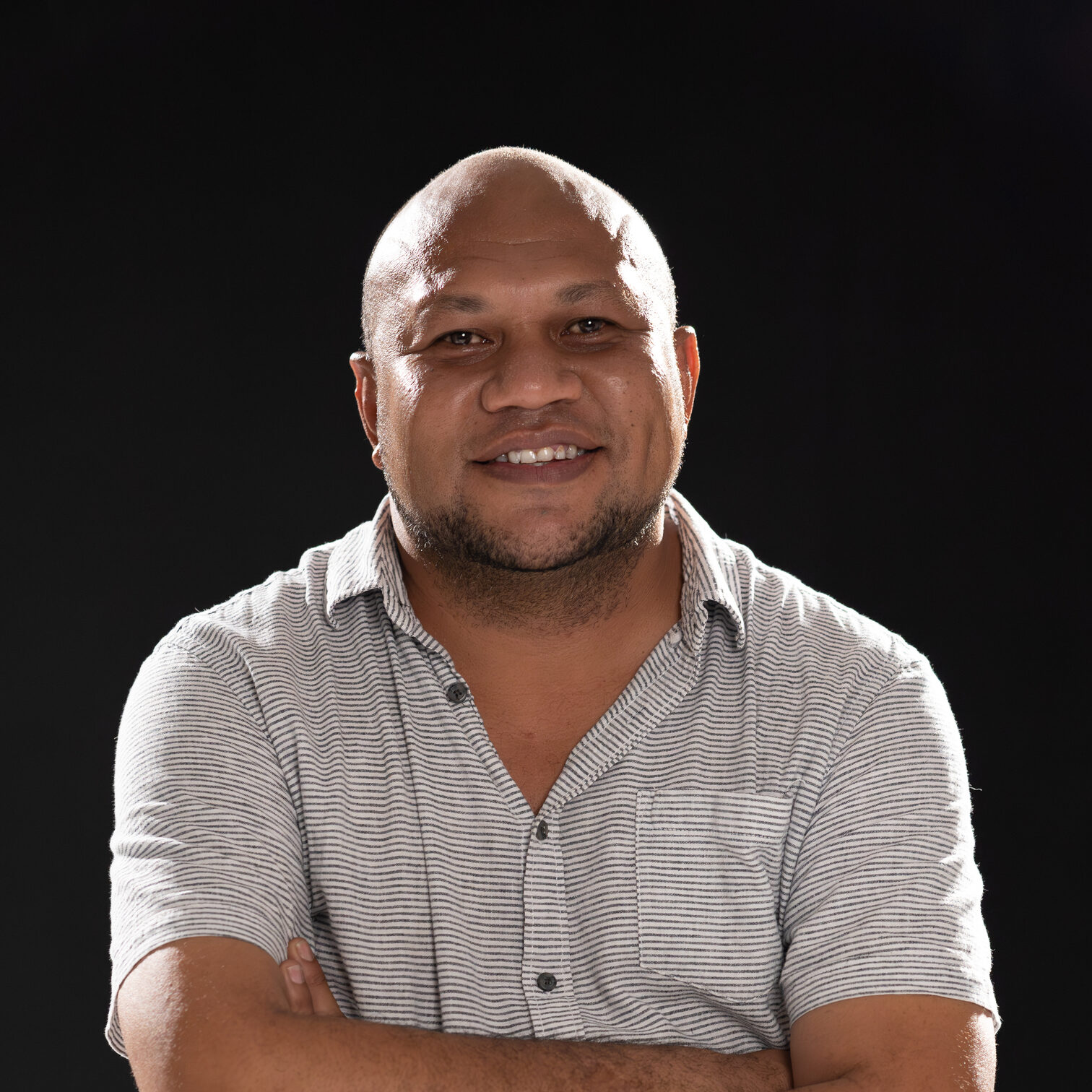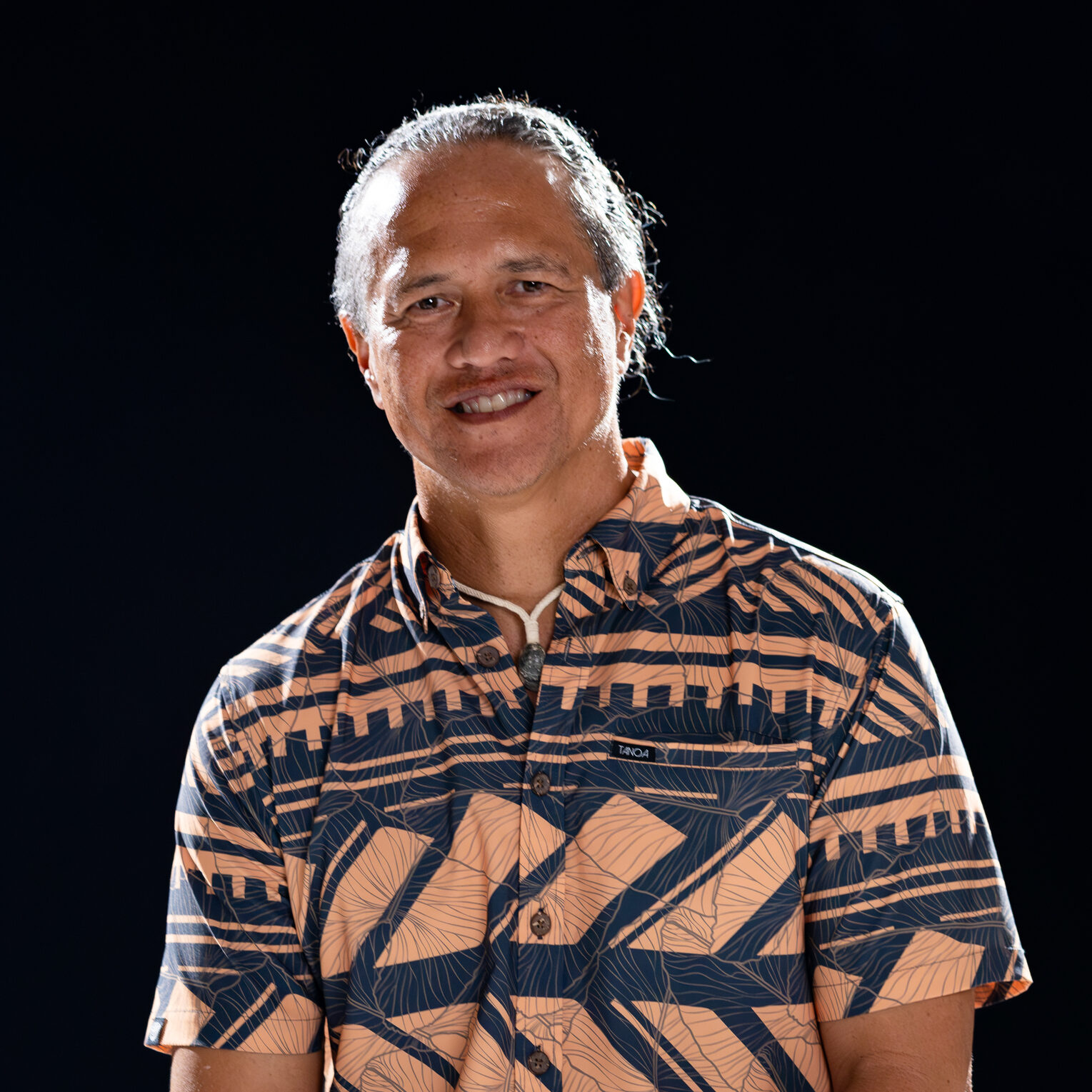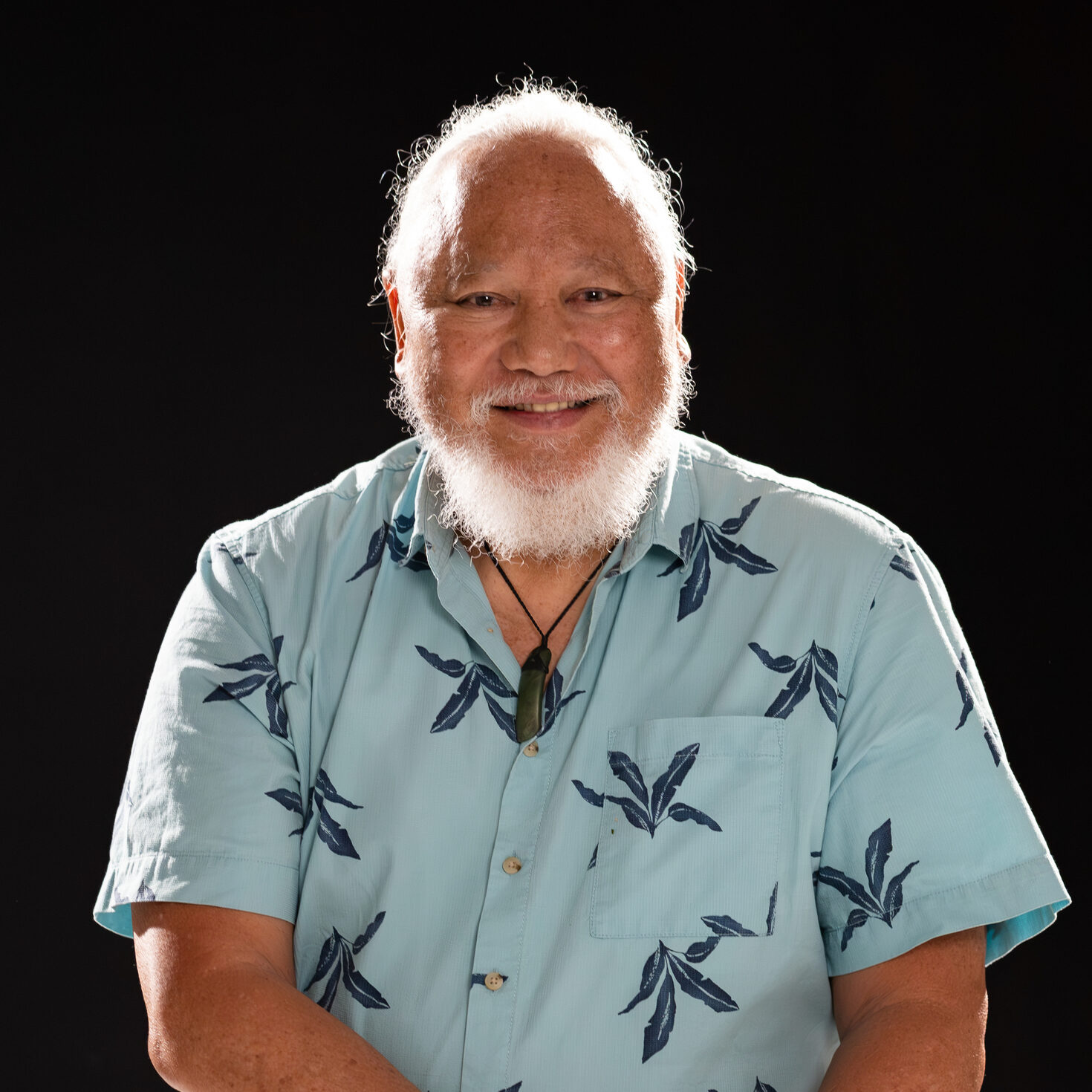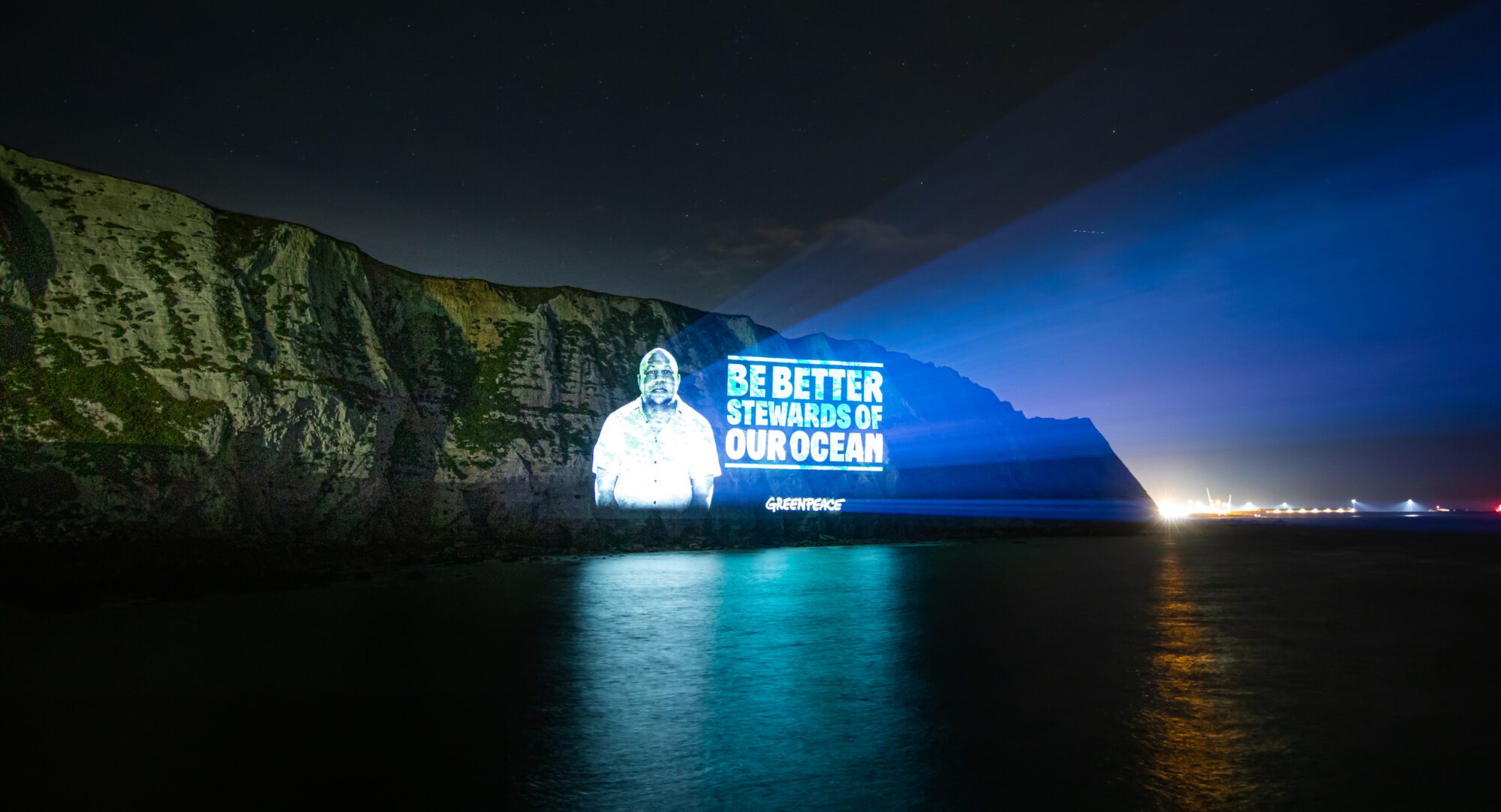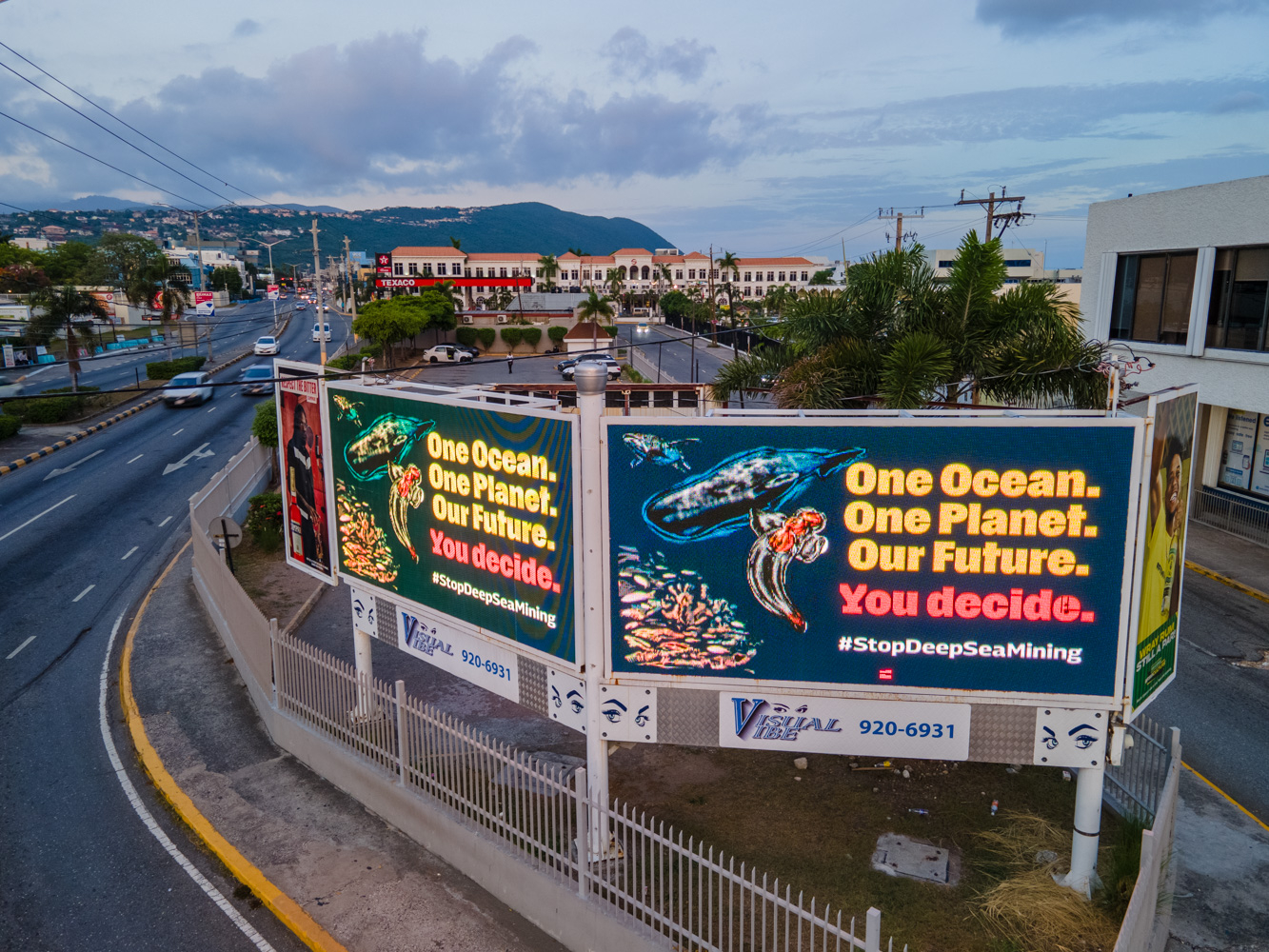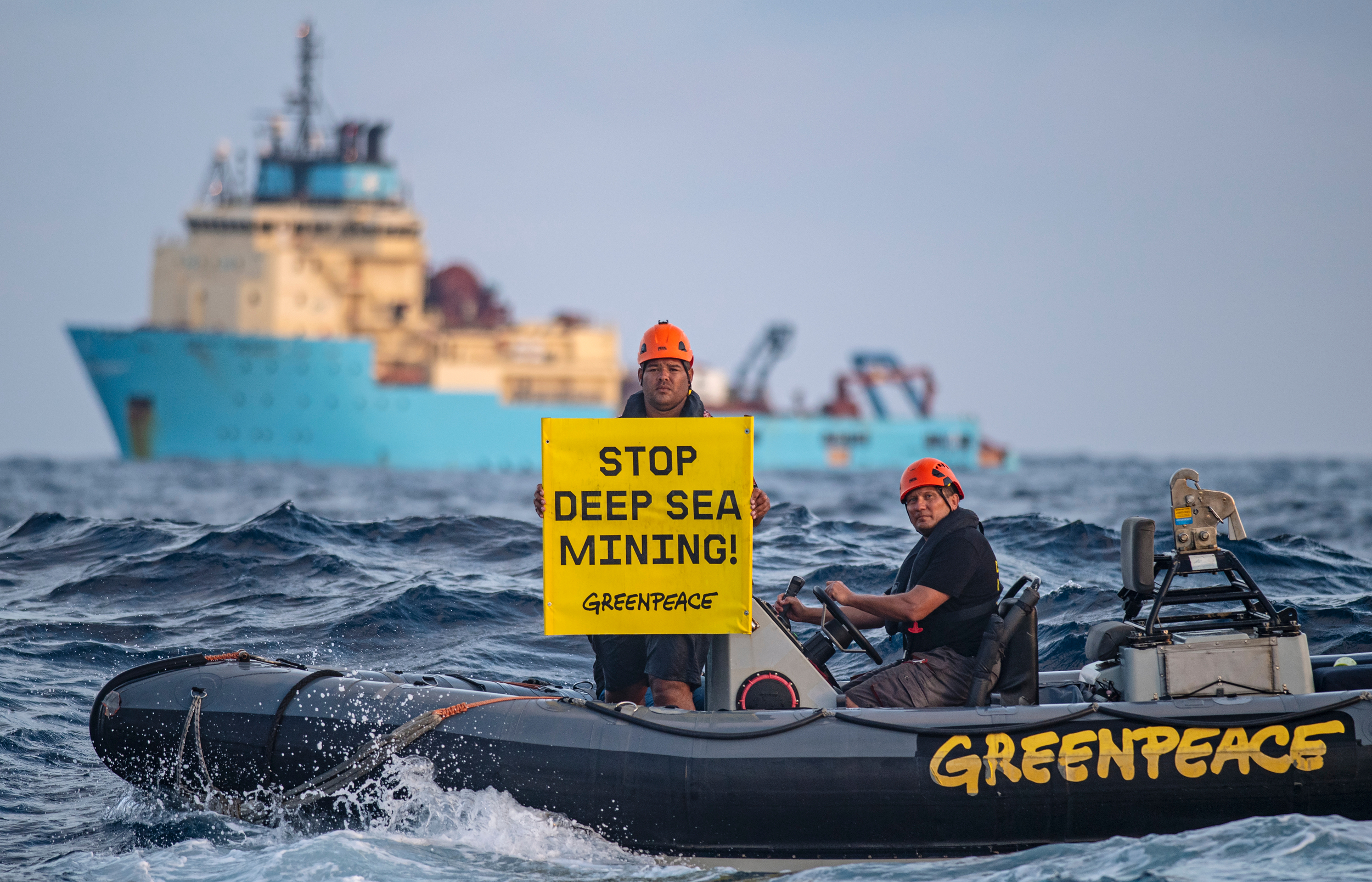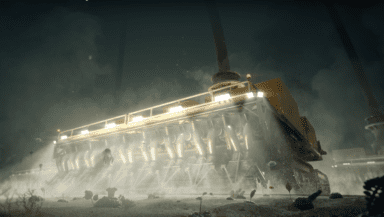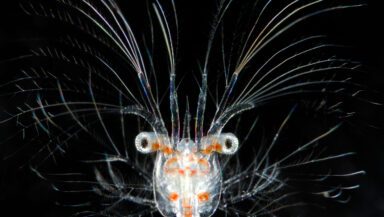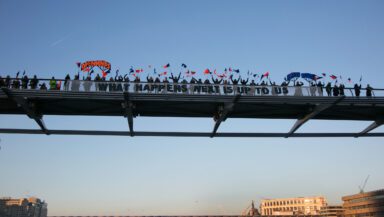Our community genuinely spans the globe. From Senegal to São Paolo and Canada to the Cook Islands, millions of Greenpeace supporters and allies take action every day to create a fairer, greener and safer future. In the summer, we saw yet again just how powerful that can be.
July was a pivotal moment to stop deep sea mining companies sinking their metallic teeth into the ocean floor. Talks were planned at the International Seabed Authority (ISA) in Jamaica that could have ended with the industry being given a green light for the first time. Meaning our oceans would have become a wild west for extractive industries and the site of the largest mining operation in history.
Some people thought it was a done deal. Before the talks, the CEO of The Metals Company – one of the key players desperate to start churning up the seabed for profit – said there was a “0.1 of one percent chance” that mining would be blocked. But he hadn’t reckoned with people like you.
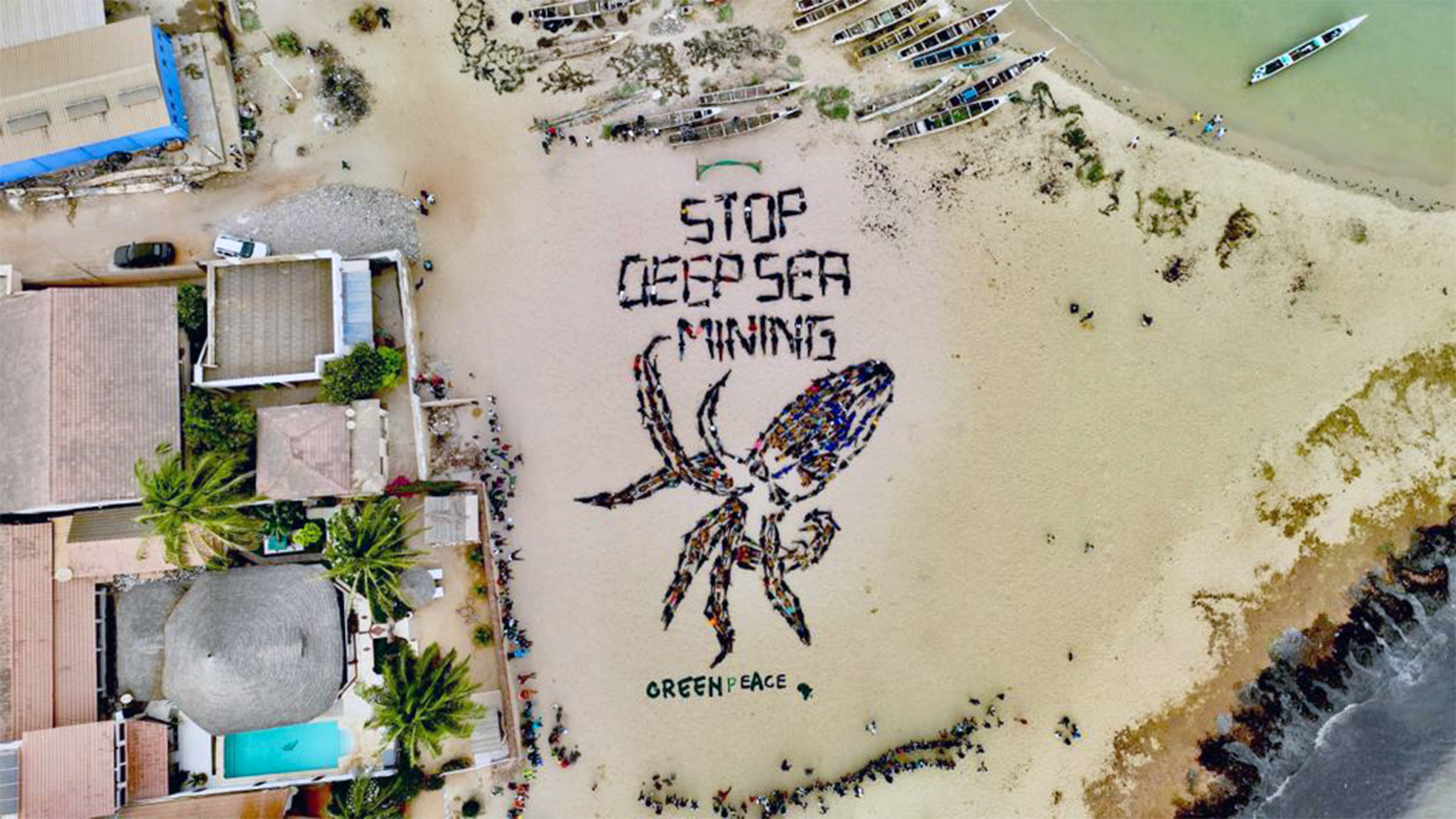
Greenpeace volunteers in Senegal create a human banner in the shape of an octopus, to highlight the irreversible damage that the Deep Sea Mining would cause to the deep ocean floor, of one of the last untouched ecosystem on earth, once approved. © Greenpeace

